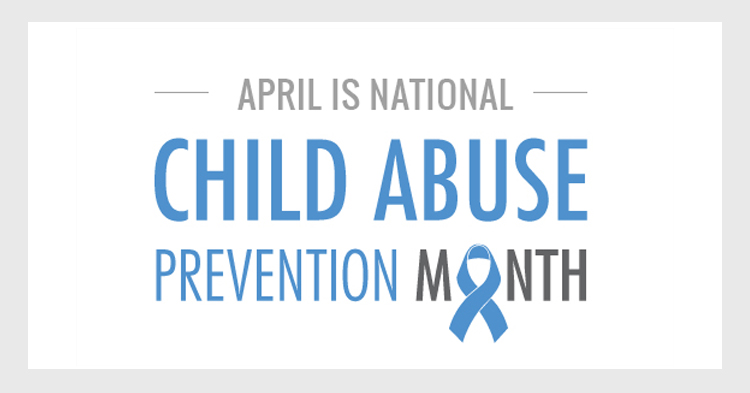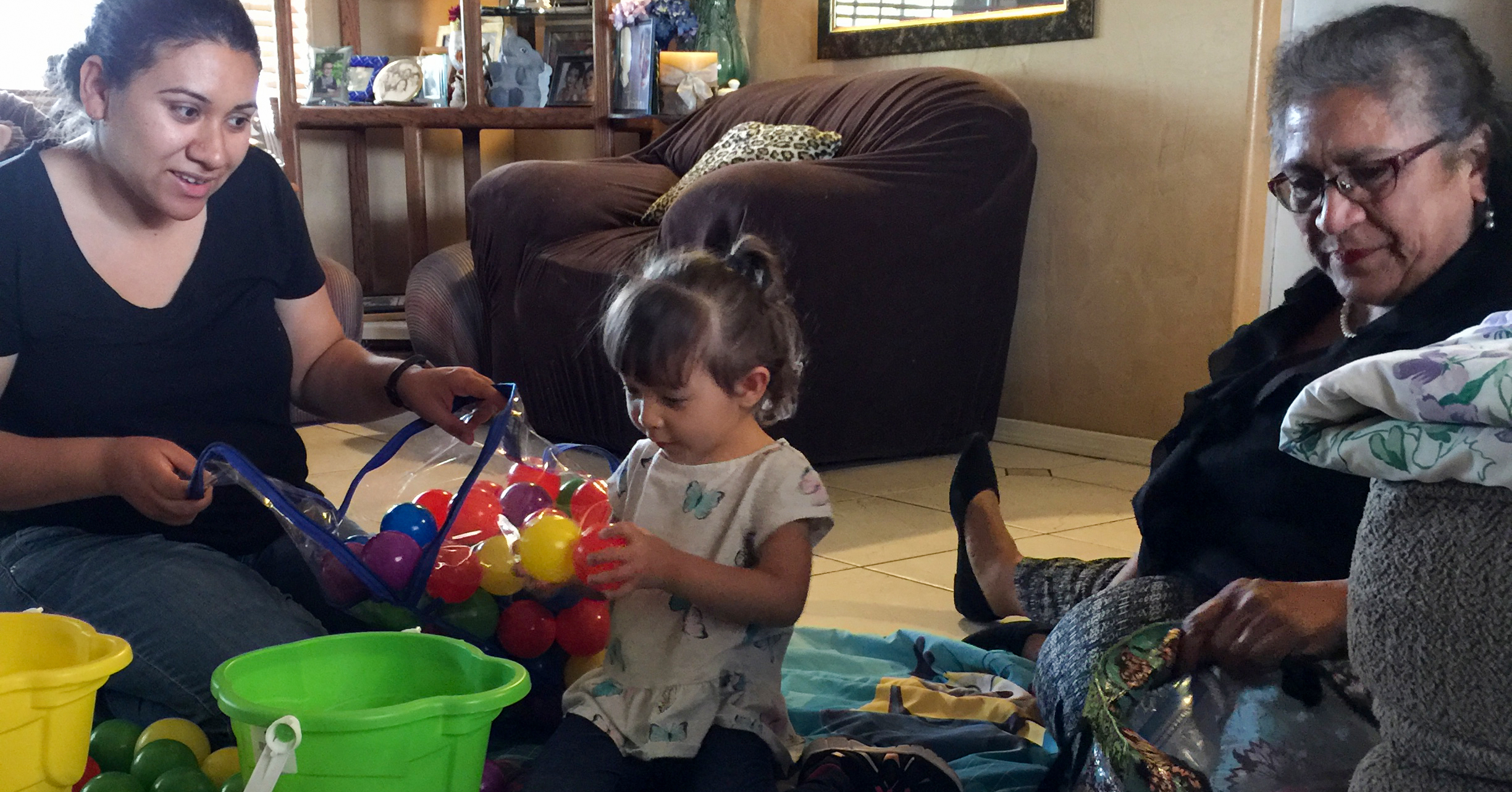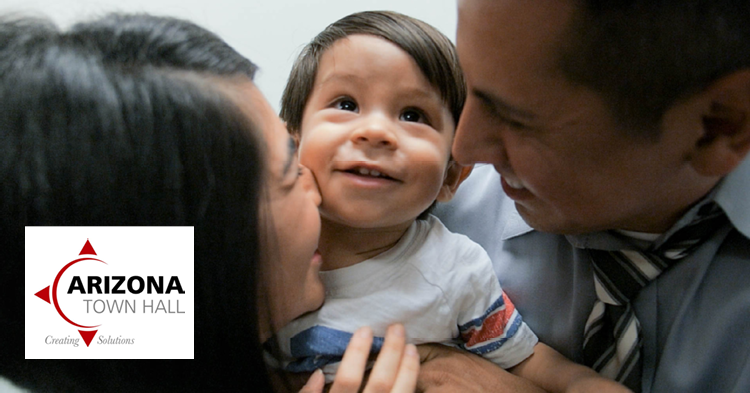
As National Child Abuse Prevention Month begins, the coronavirus health crisis has ended any awareness-building community events that Prevent Child Abuse Arizona had planned during April.
So the organization’s focus has shifted to a series of free webinars designed to help professionals who work with families build their own resilience in order to help families more effectively.
“If providers aren’t self-regulated, they can’t coach families,” said Claire Louge, executive director of Prevent Child Abuse Arizona. “It’s a parallel process. We have to be able to care for ourselves to help others stabilize.”
Every Wednesday throughout April, a different webinar geared to service providers will be available. Topics range from the unique needs of infants and toddlers in foster care, to looking at Adverse Childhood Experiences (ACEs) and comparing those ACEs to positive childhood experiences that work to mitigate risk.
“It really is about empowerment for everyone,” Louge said.
The webinars come at a time when families and children are social distancing and often find themselves in social isolation.
“Parents are overtaxed, more so than usual,” Louge said. “They’re really doing three jobs at once, they’re doing their job, being their child’s teacher and a parent. Even the most stable of families are undergoing stress right now.”
Unfortunately, it’s a situation that could result in more cases of child abuse and neglect. But Prevent Child Abuse Arizona is working with community partners to get families the tools to build their resilience and help keep them stable.
The organization, which doesn’t provide direct services, is instead working to provide a connection to resources for professionals who work with families. Since children under 6 are the most likely to be the victims of abuse and neglect, First Things First, Arizona’s early childhood agency is sharing Prevent Child Abuse Arizona’s tools to help community partners support families as they navigate this stressful time.
“This is the time right now to prevent future abuse,” Louge said. “Let’s help children and parents build social and emotional skills to help us prevent things before they happen.”
Louge wants service providers to change their lens of how they look at families.
“I’ve been hearing from a lot of providers and professionals who are really worried right now,” she said. “Children and families don’t have access to their typical support systems, for children that’s school. And for parents, that’s work and church. They’re losing access to one of the most important protective factors: social connections.”
Instead of focusing on encouraging people to report abuse, Louge wants to shift the focus to how to support families in the moment.
“Look at families in a way that seeks to strengthen them in a deliberate way and offer support specifically. We need to do what we can to connect creatively with parents in our lives through our work and personal lives and prepare ourselves to support them in full force.”
Connection Before Correction—Why Attachment Matters
10-11 a.m., April 8
Parenting is hard, parenting children with trauma histories is a whole different ballgame. This workshop will show how care providers can assess past attachment patterns that lead to negative behaviors, reinterpret those behaviors and provide relationship-based guidance and parenting. Relationship-based interventions to address trauma and behavioral needs will give participants tools to try at home.
Preventing and Addressing Adverse Childhood Experiences
10-11 a.m., April 15
Childhood trauma affects later adult health and wellbeing. This training will delve into the revolutionary Adverse Childhood Experience (ACE) Study, an ongoing body of research study that demonstrates the link between early trauma and adult behavior. You’ll learn how to help those who have experienced childhood trauma build resilience through protective factors and positive childhood experiences.
The Unique Needs of Infants and Toddlers in Foster Care
10-11 a.m., April 22
Science and research tell us that young children have unique needs when faced with trauma and attachment disruptions caused by removal. Participants will gain knowledge about brain development; stress and trauma; attachment; how relationships can heal; and resources available to help.
Stress, Trauma, and the Trauma-Informed Approach
10-11 a.m., April 29
How does stress negatively impact your life? This workshop will delve into the body’s natural response to stress, and use this as a lens for understanding the impact of trauma on human thinking and behavior. Participants will learn simple stress reduction techniques they can use anywhere, and learn how to apply the trauma-informed approach to their work with people.




